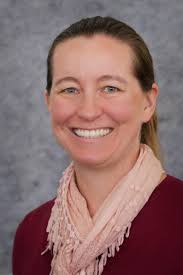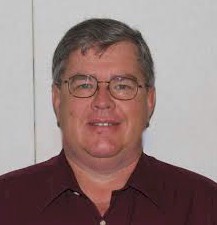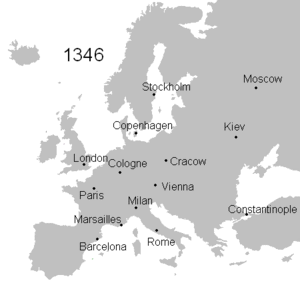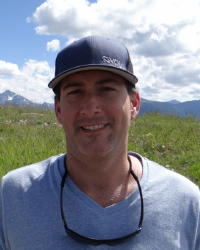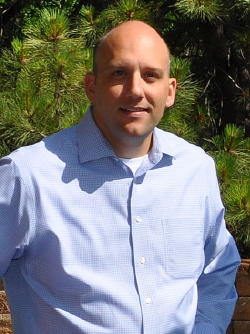In 1988, the Upper Colorado River Endangered Fish Recovery Program was established to help bring four species of endangered fish back from the brink of extinction: the humpback chub, bonytail, Colorado pikeminnow, and razorback sucker.
The Upper Colorado River Basin is home to 14 native fish species, including the endangered humpback chub, bonytail, Colorado pikeminnow, and razorback sucker. These endangered fish are found only in the Colorado River system.
The Recovery Program is a unique partnership of local, state, and federal agencies, water and power interests, and environmental groups working to recover endangered fish in the Upper Colorado River Basin while water development proceeds in accordance with federal and state laws and interstate compacts.
This major undertaking involves restoring and managing stream flows and habitat, boosting wild populations with hatchery-raised endangered fish, and reducing negative interactions with certain nonnative fish species. The goal of recovery is to achieve natural, self-sustaining populations of the endangered fish so they no longer require protection under the federal Endangered Species Act.
The Recovery Program was initiated in 1988 with the signing of a cooperative agreement by the Governors of Colorado, Utah, and Wyoming; the Secretary of the Interior; and the Administrator of Western Area Power Administration. In 2001, these parties agreed to extend the cooperative agreement through September 30, 2013. The Recovery Program provides Endangered Species Act compliance for continued operation of federal water and power projects in accordance with project purposes.
With its demonstrated successes, the Upper Colorado River Endangered Fish Recovery Program has become a national model for its collaborative conservation efforts to protect endangered species.
Colorado fishing regulations
Utah fishing regulations
Wyoming fishing regulations
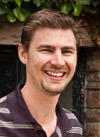 The first locally brewed key of Colorado beer was tapped in Denver to rave reviews from residents at the end of 1859, and today more than 300 breweries throughout the state pour locally made libations for appreciative patrons.
The first locally brewed key of Colorado beer was tapped in Denver to rave reviews from residents at the end of 1859, and today more than 300 breweries throughout the state pour locally made libations for appreciative patrons.